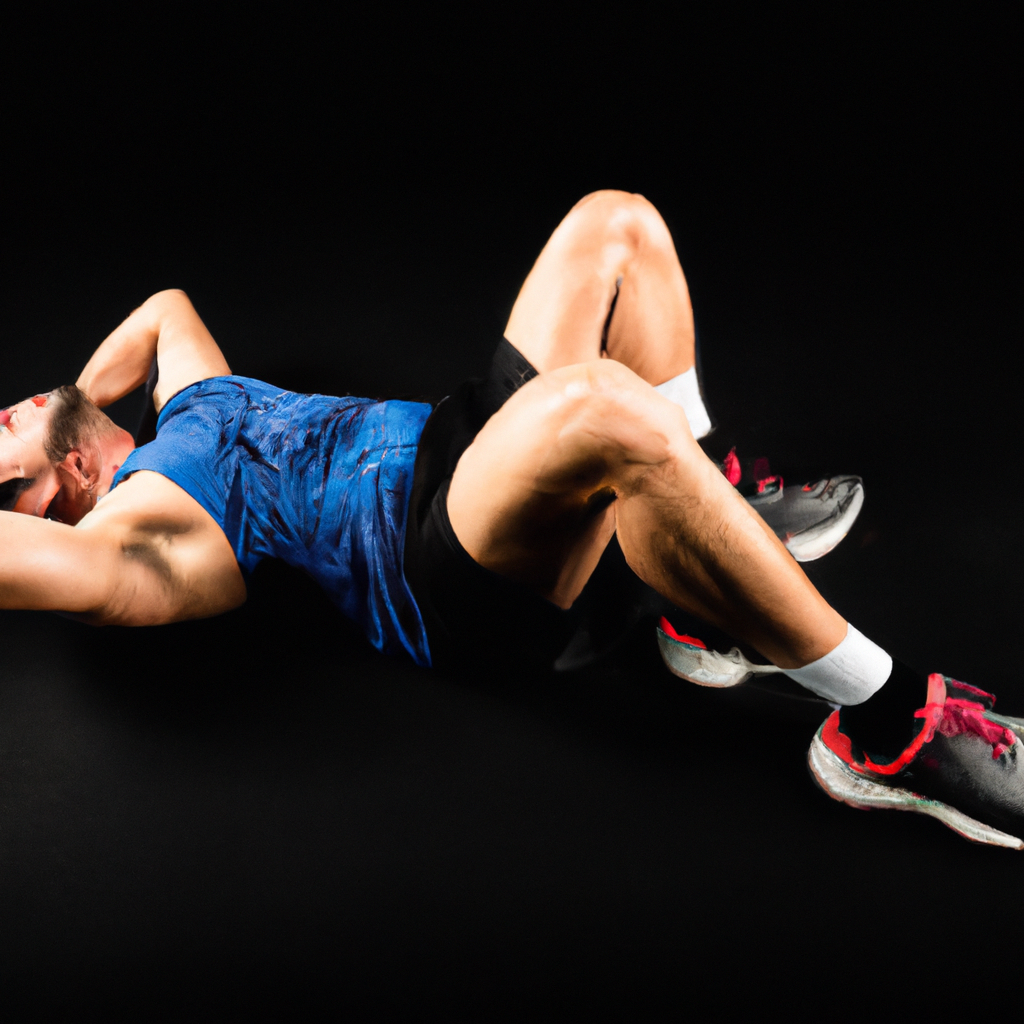Sleep and Performance: The Overlooked Connection Between Rest and Athletic Success

### Sleep and Performance: The Overlooked Connection Between Rest and Athletic Success
In the world of sports and fitness, the spotlight often shines brightly on rigorous training regimens, meticulously planned diets, and the latest performance-enhancing technologies. However, one factor that frequently remains in the shadows is the importance of sleep. Athletes and fitness enthusiasts alike can overlook the profound impact that quality rest has on their performance, recovery, and overall health. This blog post aims to illuminate the crucial link between sleep and athletic success, providing insights into how rest can be a game changer for performance on and off the field.
#### The Science of Sleep and Performance
Sleep is not merely a passive state of rest; it is an active process essential for physical and mental recovery. During sleep, the body undergoes critical restorative processes. Growth hormone release peaks, aiding muscle repair and growth, while the brain consolidates memories and skills learned during training. Studies have shown that sleep deprivation can lead to decreased reaction times, impaired cognitive function, and reduced endurance, all of which can significantly hinder athletic performance.
The National Sleep Foundation recommends that adults aim for 7-9 hours of sleep per night, yet many athletes fall short of this target. A study conducted on collegiate athletes revealed that those who reported getting less than the recommended amount of sleep exhibited lower performance levels and increased rates of injury. The connection is clear: adequate sleep is foundational for maximizing athletic potential.
#### Health Benefits of Sleep
The benefits of sleep extend beyond improved athletic performance. Quality sleep supports overall health in various ways:
1. **Enhanced Recovery**: Sleep helps in muscle recovery and growth, reducing the risk of injuries and improving overall performance.
2. **Improved Immune Function**: A well-rested athlete is less likely to fall ill, as sleep strengthens the immune system, helping you stay in training and competition.
3. **Mental Clarity**: Adequate sleep enhances focus, decision-making, and reaction times—essential attributes for athletes in high-stakes environments.
4. **Mood Regulation**: Sleep deprivation can lead to irritability and mood swings, which can affect training motivation and team dynamics.
#### Nutrition Tips for Better Sleep
While achieving adequate sleep is critical, the quality of that sleep can also be influenced by nutrition. Here are some dietary tips to promote better sleep:
1. **Limit Caffeine Intake**: Caffeine can disrupt sleep patterns. Aim to avoid caffeine-containing products, such as coffee or energy drinks, at least six hours before bedtime.
2. **Incorporate Sleep-Inducing Foods**: Foods rich in magnesium (like spinach, nuts, and seeds) and tryptophan (found in turkey and dairy) can enhance sleep quality.
3. **Stay Hydrated**: Dehydration can impair sleep quality. However, be mindful of excessive fluid intake right before bed to avoid nighttime awakenings.
4. **Maintain a Balanced Diet**: A well-rounded diet that includes a variety of fruits, vegetables, whole grains, and lean proteins can support overall health and improve sleep.
#### Exercise Advice for Better Sleep
While regular exercise is essential for athletic success, the timing and type of exercise can impact sleep quality:
1. **Prioritize Consistency**: Aim for regular physical activity, as it can help regulate sleep patterns. Try to exercise at the same time each day for optimal results.
2. **Mind the Timing**: Strenuous workouts close to bedtime can interfere with your ability to fall asleep. Aim to finish intense exercise at least three hours before you plan to sleep.
3. **Incorporate Relaxation Techniques**: Gentle exercises such as yoga or stretching can promote relaxation and prepare your body for sleep.
#### Conclusion
In the quest for athletic excellence, sleep often remains an overlooked aspect of performance optimization. By recognizing the profound connection between sleep and athletic success, athletes can leverage rest as a powerful tool in their training toolbox. Prioritizing sleep not only enhances recovery and performance but















Post Comment